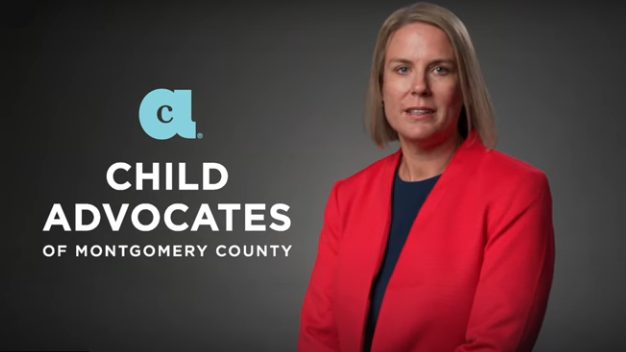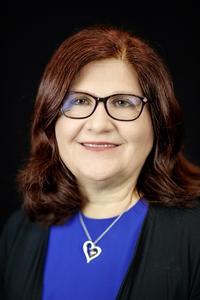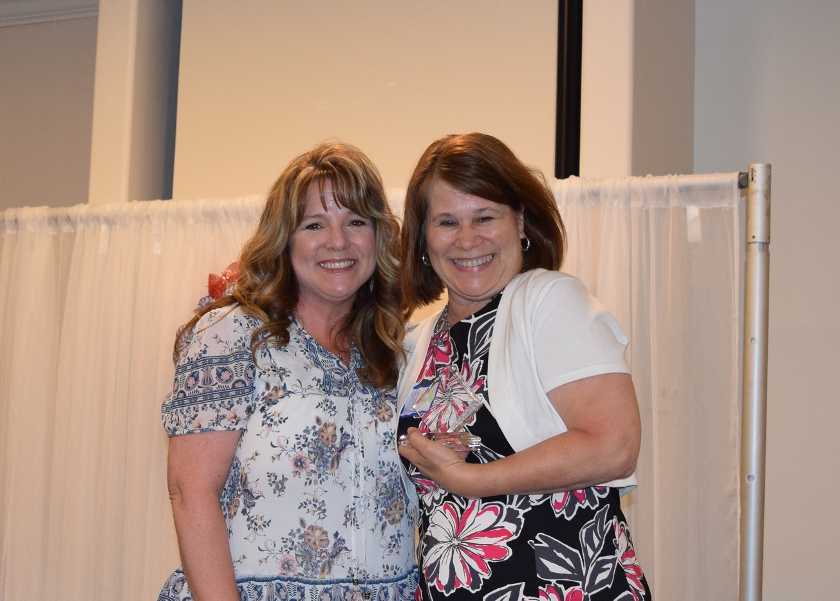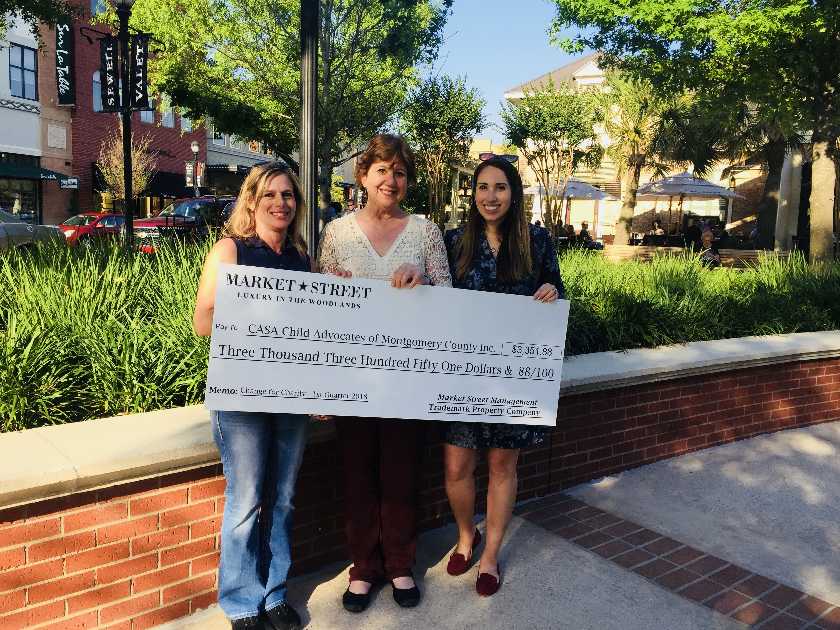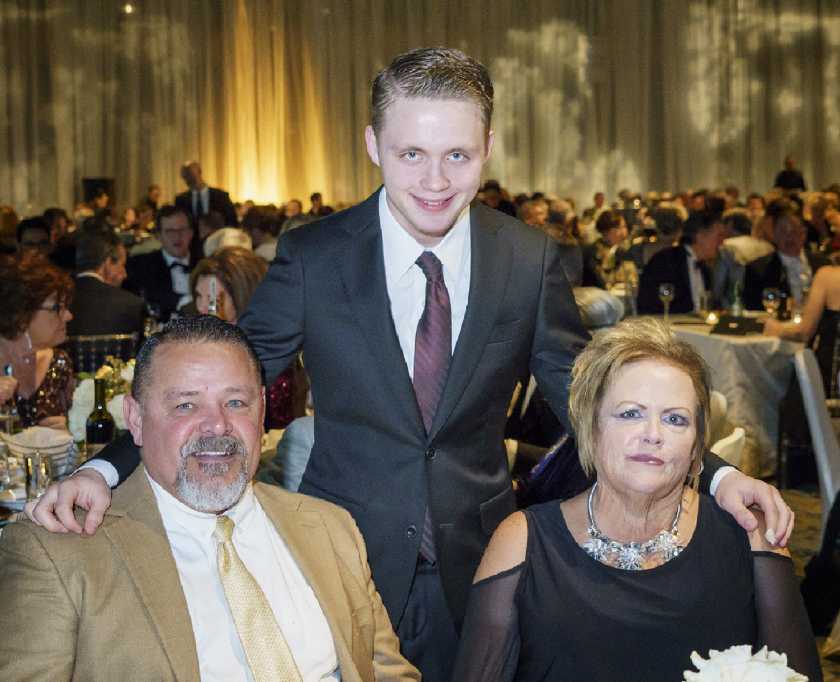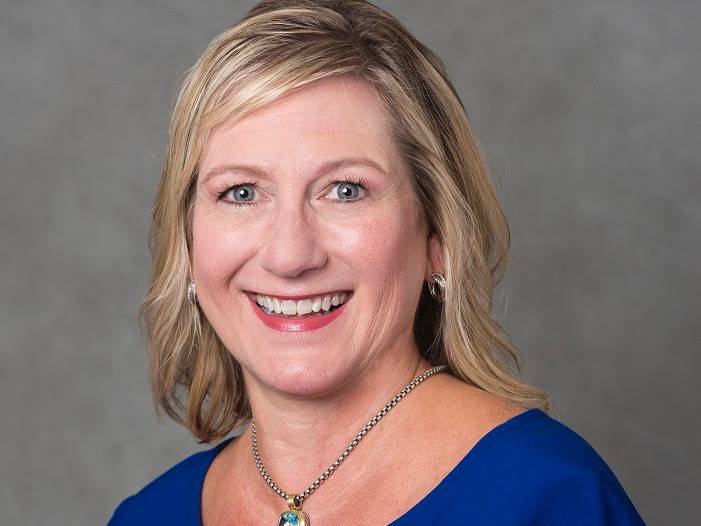- Sections :
- Crime & Public Safety
- Restaurants & Food
- Sports
- More
Texas CASA Introduces Collaborative Family Engagement (cfe) During Child Abuse Prevention Month

THE WOODLANDS, Texas — Texas CASA (Court Appointed Special Advocates) announced its involvement in developing and launching a progressive new initiative, Collaborative Family Engagement (CFE). The goal of CFE is to create better outcomes for children in the Texas child protection system by identifying, locating and engaging family members and other committed adults so they may be involved in the child’s care and permanency planning. The announcement comes as Texas CASA observes National Child Abuse Prevention Month in April, a time when communities are encouraged to share child abuse and neglect prevention awareness strategies and activities.
“A CASA volunteer provides crucial support while a child is in care, but Texas CASA is taking steps to provide lifelong, sustainable and natural connections for children even after their CASA involvement ends,” said Candice Dosman, Texas CASA Collaborative Family Engagement Manager. “Collaborative Family Engagement teams use tools and techniques focused on connection, engagement and an understanding of trauma with the hope of achieving permanency earlier, bolstering child well-being, and reducing the number of children and youth growing up in the foster care system.”
CFE is based on the fact that foster children generally have many blood relatives and other adult connections who can be identified and involved in their cases from the beginning, with the goal of decreasing the time children spend in the system and creating a network of support. Studies show that one of the strongest indicators for child well-being is the number of committed adults in a child’s life. For children in foster care, having even one positive adult support person is a deterrent against future drug use, involvement in the criminal justice system and homelessness.
The CFE model creates teams of Child Protective Services (CPS) employees, CASA volunteers and other stakeholders who utilize new technology to research and find family members and other adults in the child’s life. Once these adults are located, they can become involved in the child’s plan to find a safe, permanent home.
“The collaboration between Texas CASA and CPS, along with the connections engaged through CFE, increases the likelihood that foster children will find and sustain meaningful relationships with their family members and loved ones,” said Vicki Spriggs, Texas CASA CEO. “I anticipate this will start a fundamental shift in the way we approach children and youth in the child protection system.”
The CFE model is being piloted in two CPS regions with three local CASA programs in Texas: Corpus Christi, Fort Bend County and Montgomery County. Plans are already in place to expand the initiative in 2017 based on the success of the current pilots in their first three months of implementation.
“It has been wonderful to be a part of the collaboration between CASA and CPS, working together to identify and reach out to the family members in these cases—achieving access to many vital connections children otherwise may not have known about,” said a CASA staffer and adoptive parent. “After 30 years as an educator and more than eight years in advocacy work with CASA, I cannot point to anything that has had as much impact on me as the potential and hope we are providing to children and youth through the CFE model.”
Along with tools to increase engagement and creative information gathering, CFE also utilizes various technologies, including GenoPro, a proprietary genealogy software, Seneca Search Services and Find Families in Mexico to search multiple databases and provide customized search reports. This multi-faceted approach provides the most comprehensive information available to connect children and youth with their support networks.
“CFE is a great model that enables CASA volunteers to better serve children in care, but it is just one example of how CASA volunteers are providing better outcomes for Texas children and families affected by child abuse,” added Spriggs. “Local CASA programs across the state are always in need of more volunteers to be voices for Texas’ most vulnerable children.”
CASA is a national volunteer movement with 72 local programs in Texas, serving children in the foster care system in 213 counties. A CASA volunteer is an everyday citizen who is screened and trained, and then appointed by a judge to represent a child’s best interests in court. When a child enters the system because his or her home is no longer safe, these committed volunteers guide foster children through the overburdened and complex system to ultimately reach a safe and permanent home.
How to Help
To learn how you can help children in your community, find your local CASA program at BecomeACASA.org. Volunteers must be 21 years of age or older and willing to commit to at least one year of advocacy.
For more information on the CFE initiative, visit TexasCASA.org/Collaborative-Family-Engagement.
About Texas CASA
Austin-based Texas CASA (Court Appointed Special Advocates) is the statewide organization of 72 local CASA programs that recruit and train volunteers to advocate for children in the child protection system. Last year, 8,476 well-trained volunteers served 25,947 children in 207 of the 254 Texas counties. Texas CASA supports the local CASA programs by advocating for effective public policy for children in the child protection system and by providing funding, training and technical assistance to program staff, board and volunteers.
CASA volunteers are everyday members of the community doing extraordinary work by choosing to speak up for abused and neglected children in their communities. They are screened and trained, then appointed by the court to advocate for the best interests of a child or sibling group in the foster care system. Often the CASA volunteer is the one constant person in a child’s life while he or she goes through the overburdened system. CASA volunteers work to move the children through foster care and into safe, permanent homes as quickly as possible.


